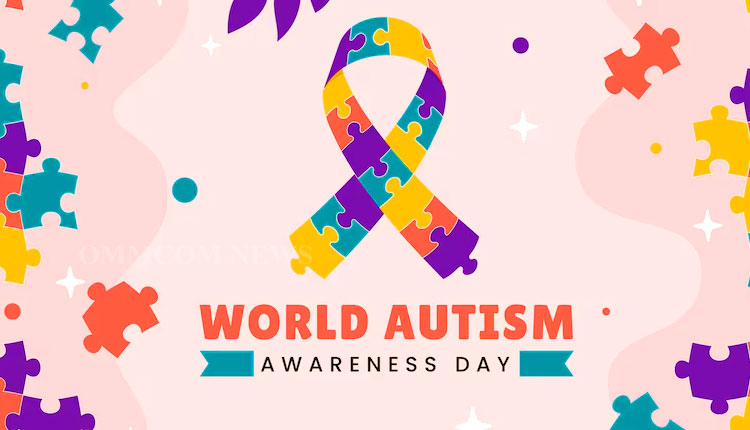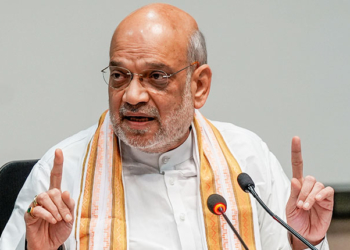Bhubaneswar: Every year, the world observes World Autism Day on April 2 to raise awareness about the causes, symptoms and prevention of autism.
Aiming at spreading awareness about the disorder and support people who are suffering from it, this day marks a global event which is about the acceptance, support and inclusion of autistic people and the advocacy of their rights.
Theme
The theme of World Autism Awareness Day this year is ‘Empowering Autistic Voices’ which aims at providing more support and power to the individuals with this condition, in order to ensure they lead a meaningful life and even pursue successful careers. The theme is decided annually to revive the resolve to support and accept people with this condition.
Symptoms
According to the World Health Organization (WHO), about 1 in 100 children has autism. Although characteristics related to Autism may be detected in early childhood, autism is often not diagnosed until much later.
Autism can begin before the age of 3 years and can last throughout a person’s life, although symptoms may improve over time. Symptoms may not show up until 24 months of age or later. Some children with autism gain new skills and meet developmental milestones until around 18 to 24 months of age, and then they stop gaining new skills or lose the skills they once had.
Signs of Autism
A child or adult with autism spectrum disorder may have problems with social interaction and communication skills, including any of these signs:
• Fails to respond to his or her name or appears not to hear you at times
• Resists cuddling and holding, and seems to prefer playing alone, retreating into his or her own world
• Has poor eye contact and lacks facial expression
• Doesn’t speak or has delayed speech, or loses previous ability to say words or sentences
• Can’t start a conversation or keep one going, or only starts one to make requests or label items
• Speaks with an abnormal tone or rhythm and may use a singsong voice or robot-like speech
• Repeats words or phrases verbatim, but doesn’t understand how to use them
• Doesn’t appear to understand simple questions or directions
• Doesn’t express emotions or feelings and appears unaware of others’ feelings
• Doesn’t point at or bring objects to share interest
• Inappropriately approaches a social interaction by being passive, aggressive or disruptive
• Has difficulty recognizing nonverbal cues, such as interpreting other people’s facial expressions, body postures or tone of voice
• Performs repetitive movements, such as rocking, spinning or hand flapping
• Performs activities that could cause self-harm, such as biting or head-banging
• Develops specific routines or rituals and becomes disturbed at the slightest change
• Has problems with coordination or has odd movement patterns, such as clumsiness or walking on toes, and has odd, stiff or exaggerated body language
• Is fascinated by details of an object, such as the spinning wheels of a toy car, but doesn’t understand the overall purpose or function of the object
• Is unusually sensitive to light, sound or touch, yet may be indifferent to pain or temperature
• Doesn’t engage in imitative or make-believe play
• Fixates on an object or activity with abnormal intensity or focus
• Has specific food preferences, such as eating only a few foods, or refusing foods with a certain texture
When to see a doctor?
Children usually show some signs of delayed development before age 2 years. According to experts in the field of autism, if you notice show signs in your child similar to autism, discuss your concerns with a doctor. It is noteworthy that the symptoms associated with the disorder can also be linked with other developmental disorders. Moreover, the signs of autism spectrum disorder often appear early and the delays in language skills and social interactions will become more prominent.
















